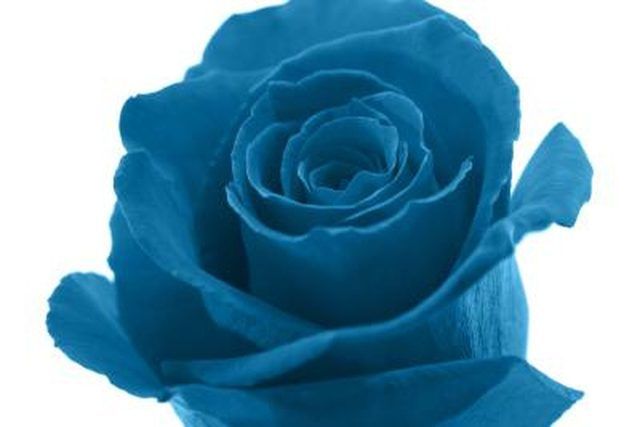Bulbs
Flower Basics
Flower Beds & Specialty Gardens
Flower Garden
Garden Furniture
Garden Gnomes
Garden Seeds
Garden Sheds
Garden Statues
Garden Tools & Supplies
Gardening Basics
Green & Organic
Groundcovers & Vines
Growing Annuals
Growing Basil
Growing Beans
Growing Berries
Growing Blueberries
Growing Cactus
Growing Corn
Growing Cotton
Growing Edibles
Growing Flowers
Growing Garlic
Growing Grapes
Growing Grass
Growing Herbs
Growing Jasmine
Growing Mint
Growing Mushrooms
Orchids
Growing Peanuts
Growing Perennials
Growing Plants
Growing Rosemary
Growing Roses
Growing Strawberries
Growing Sunflowers
Growing Thyme
Growing Tomatoes
Growing Tulips
Growing Vegetables
Herb Basics
Herb Garden
Indoor Growing
Landscaping Basics
Landscaping Patios
Landscaping Plants
Landscaping Shrubs
Landscaping Trees
Landscaping Walks & Pathways
Lawn Basics
Lawn Maintenance
Lawn Mowers
Lawn Ornaments
Lawn Planting
Lawn Tools
Outdoor Growing
Overall Landscape Planning
Pests, Weeds & Problems
Plant Basics
Rock Garden
Rose Garden
Shrubs
Soil
Specialty Gardens
Trees
Vegetable Garden
Yard Maintenance
What Does a Blue Rose Stand For?
What Does a Blue Rose Stand For?. The blue rose is a mythical flower. Horticulturalists endeavor to create blue roses with dyed petals or through hybridization that creates purplish approximations of a blue rose, but true blue roses do not exist. Still, a blue rose may convey a range of ideas.

The blue rose is a mythical flower. Horticulturalists endeavor to create blue roses with dyed petals or through hybridization that creates purplish approximations of a blue rose, but true blue roses do not exist. Still, a blue rose may convey a range of ideas.
The Unnatural and Unexplained
Blue roses symbolize the unnatural or unexplained.
In the seminal 1990s television series, "Twin Peaks," FBI agent Gordon Cole uses the term "blue rose cases" to describe unsolved crimes involving events that cannot be rationally or scientifically explained. David Lynch's surreal noir television epic uses the unreal nature of the blue rose to evoke an aura of the supernatural.
Nonconformity
Blue roses symbolize the beauty of nonconformity.
In the Tennessee Williams stage classic, "The Glass Menagerie," the lead character, Laura Wingfield, is given the nickname "Blue Roses," a mispronunciation of "pleurosis," the disease that has left her disabled. Jim O'Connor, the acquaintance who gives her the nickname, encourages her to celebrate the fact that she's not like other people.
"They're common as---weeds," he says, "But---you---well, you're---Blue Roses!"
The Unattainable
Blue roses symbolize the unattainable.
It's probably a good thing that you can't really send a blue rose to the object of your affections. The blue rose is a symbol of fantasy and impossibility, according to Rosegathering.com. Symbolically speaking, the dream lover who is your own personal "blue rose" is the one you'll never be able to attain.
Rudyard Kipling echoed this sentiment in his poem "Blue Roses," which tells the story of a tragic quest to find a blue rose to satisfy the whims of a frivolous paramour.